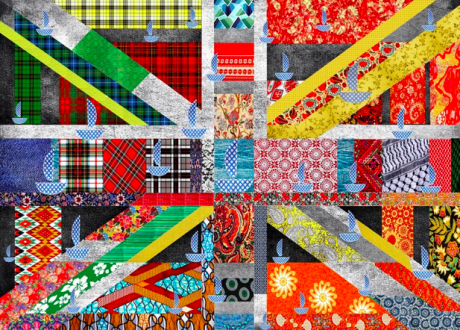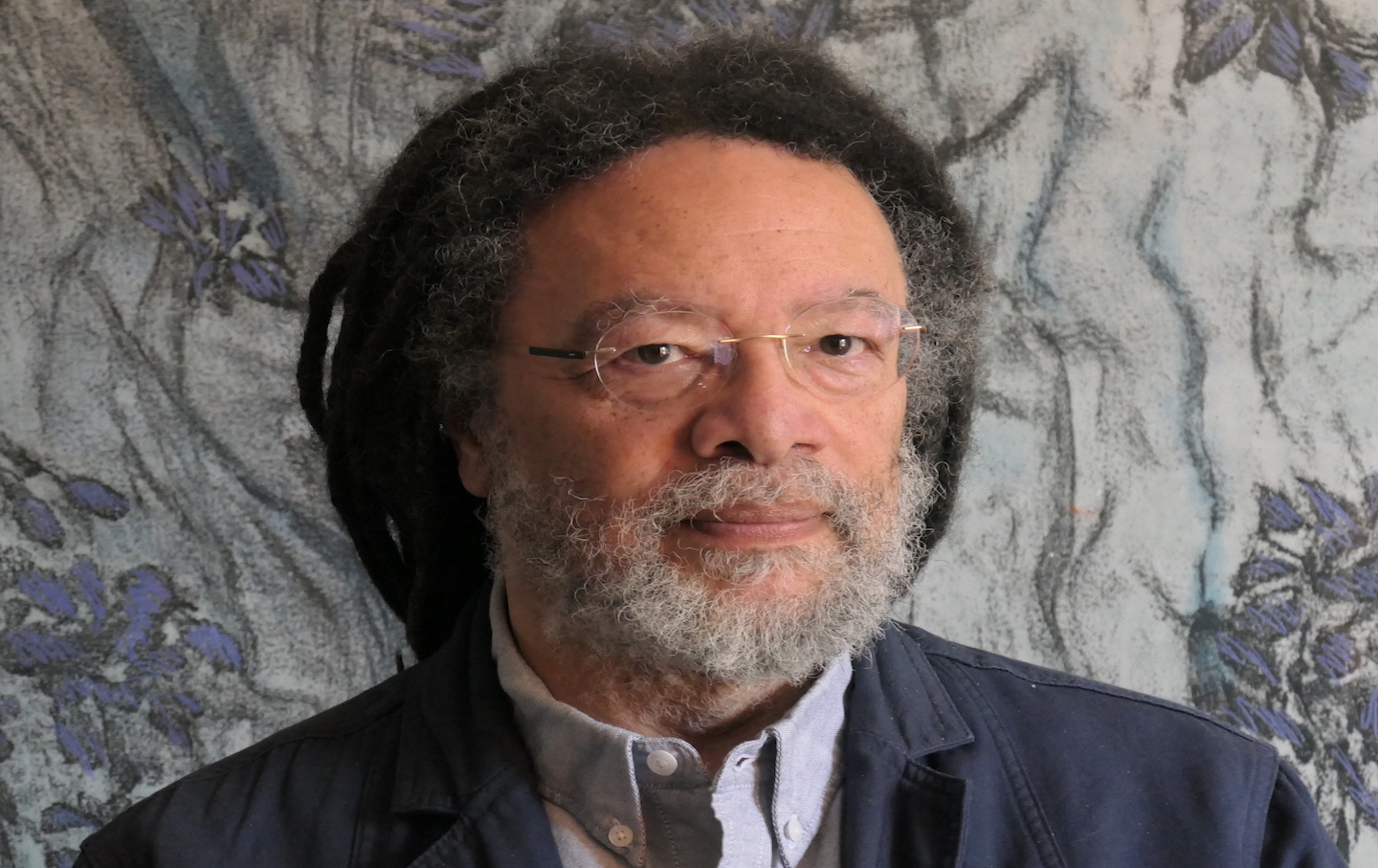There Ain't No Black In The Union Jack Paul Gilroy
- There Ain't No Black In The Union Jack Paul Gilroy Mass
- There Ain't No Black In The Union Jack Paul Gilroy Md
- There Ain't No Black In The Union Jack Paul Gilroy Mn
- There Ain't No Black In The Union Jack Paul Gilroy Valley
It discusses Paul Gilroy’s There Ain’t No Black in the Union Jack and Austin Clarke’s Growing Up Stupid Under the Union Jack as two texts which attend to questions of race and empire in the mid-20th century in relation to British national identity. Both Clarke and Gilroy situate the reterritorialization of Britain in the wake of the globalizing history of British Empire which made possible, for instance, the widescale solidarities and conscriptions of World War II. A brilliant and explosive exploration of racial discourses, There Ain’t No Black in the Union Jack provided a powerful new direction for race relations in Britain. Still dynamite today and as. There ain’t No Black in the Union Jack (1987) acquired a baffling longevity. It seems to have sketched something that people still find useful, maybe because it accomplished the difficult transition from being an intervention to being a history book.
'There Ain't no Black in the Union Jack': The Cultural Politics of Race and Nation by
by
There Ain't No Black In The Union Jack Paul Gilroy Mass
237 ratings, 4.06 average rating, 12 reviews- “There Ain’t No Black in the Union Jack” appeared 1987 and reflects Gilroy’s PhD at Birmingham. Gilroy had worked on the famous CCCS “The Empire Strikes Back” project before. Gilroy wants to link the homely cultural studies of Richard Hoggart and E.P. Thompson with the thoughts of radical black.
- 5.0 out of 5 stars There Ain't No Black In The Union Jack: By Prof. Reviewed in the United Kingdom on 12 December 2011 British academic, Professor Paul Gilroy has produced a masterpiece of a narrative that seeks to shed light upon the complex issues of race, class and nation in the UK.
―
There Ain't No Black In The Union Jack Paul Gilroy Md
―
There Ain't No Black In The Union Jack Paul Gilroy Mn
All Quotes
Quotes By Paul Gilroy
There Ain't No Black In The Union Jack Paul Gilroy Valley
| ||||||
'There Ain't no Black in the Union Jack': The Cultural Politics of Race and Nation University of Chicago Press, 1991 Paper: 978-0-226-29427-8 Library of Congress Classification DA125.N4G55 1991 Dewey Decimal Classification 305.896073 ABOUT THIS BOOK TOC REQUEST ACCESSIBLE FILE ABOUT THIS BOOK Gilroy demonstrates the enormous complexity of racial politics in England today. Exploring the relationships among race, class, and nation as they have evolved over the past twenty years, he highlights racist attitudes that transcend the left-right political divide. He challenges current sociological approaches to racism as well as the ethnocentric bias of British cultural studies. 'Gilroy demonstrates effectively that cultural traditions are not static, but develop, grow and indeed mutate, as they influence and are influenced by the other changing traditions around them.'—David Edgar, Listener Review of Books. 'A fascinating analysis of the discourses that have accompanied black settlement in Britain. . . . An important addition to the stock of critical works on race and culture.'—David Okuefuna, Chicago Tribune See other books on: Black Blacks Cultural Politics Cultural, Ethnic & Regional Nation See other titles from University of Chicago Press | ||||||
Nearby on shelf for History of Great Britain / England / History:
9781611861266 | ||||||